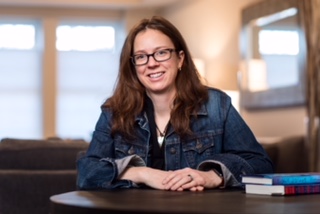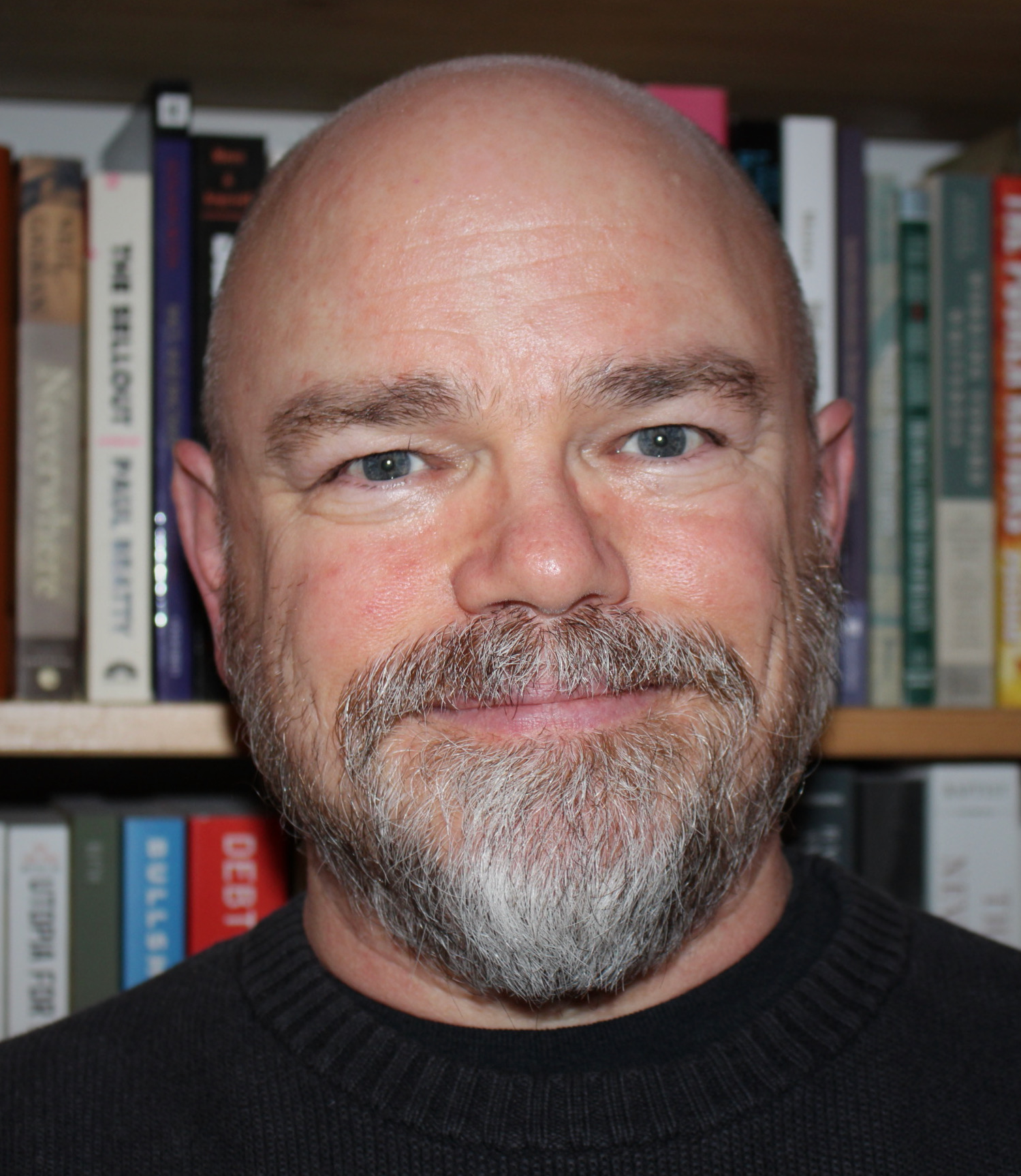Harper College offices are currently closed for an all-campus meeting. Offices will reopen shortly after noon to serve students.

Office: J149
Phone: 847-925-6814
Email: medwards@harpercollege.edu
Dr. Monica Edwards is a Professor of Sociology at Harper College. She received her M.S. in Sociology from Illinois State University and her PhD in Sociology from Loyola University Chicago. Dr. Edwards has been at Harper College since 2010, and has been teaching Sociology since 2000.
Dr. Monica’s areas of sociological interest include: critical and compassionate pedagogies, food systems, the sociology of the climate crisis, gender, sexuality, intersectionality theory, and social inequalities. Monica's dissertation focused on how popular culture is used as a tool/resource in negotiating relationships across sexual differences. Most recently, she wrote and published the book, Pedagogies of Quiet, Silence and Social Justice in the Classroom with Bloomsbury Publishing.
In her free time, Dr. Monica enjoys dogs, flowers, hammocks, walking/hiking, biking, travelling, creative writing, reading and listening to and playing music.
At Harper College Dr. Edwards regularly teaches:

Office: J-155
Phone: 847.925.6279
Email: jgramlic@harpercollege.edu
Dr James Gramlich is Professor of Sociology and Chair of the Department of Anthropology and Sociology. He earned his BA from Oklahoma State University and his MA and PhD from the University of Illinois at Chicago. Professor Gramlich began teaching in 1998 and has been a faculty member at Harper since 2008.
Dr Gramlich has broad, interdisciplinary interests, but his sociological areas of focus include social psychology and symbolic interaction, international and comparative sociology, race and ethnicity, and the role of place and space in social organization. His PhD thesis focused on adaptation and self-presentation among people experiencing homelessness in Chicago and London.
He is currently completing an Open Educational Resource — a zero-cost online textbook — for use in teaching sociological social psychology and symbolic interaction.

Dr. Amaziah Finley is an Assistant Professor of Anthropology at Harper College. she earned her degrees in Anthropology and African American Studies from the University of Illinois at Urbana-Champaign. Her research explores the everyday lived consequences of policing in the lives of Black mothers and other-mothers in Central City, New Orleans, Louisiana.
A former LEAD (Leveraging Equity in Academia through Diversity) Fellow, Dr. Finley is committed to student-centered pedagogy, social justice, and accessible education. She has led equity-focused course redesigns and contributes to campus-wide DEI initiatives, including the development of a neurodivergence statement. Beyond the classroom, she is actively involved in faith-based community service and mentoring students from historically marginalized backgrounds.

Dr. Kelly Pinter is an Assistant Professor of Sociology. She was a community college graduate herself, earning her A.A. from the College of Lake County. She received her B.A. and M.A. from UIC in Criminal Justice and Criminology, Law, and Justice. She earned her PhD in Sociology from Loyola University at Chicago. She began teaching college classes in 2008 and has taught at UIC, Loyola, Carroll University, The College of Lake County, Purdue Global, and her favorite school; Harper College!
Dr. Pinter’s sociological areas of focus include race and ethnicity, sex and gender, and victimology. She has interdisciplinary interests and has taught in sociology programs, but also in criminal justice, social work, and psychology. She has taught classes that range from human sexuality to courses on serial killers. Her dissertation focused on making college campuses welcoming and empowering spaces for rape and sexual assault survivors so that they could be academically successful in school.
In her free time, Dr. Pinter engages in grassroots activism and is also a member of a local School Board. There she is on the Safety Committee and Superintendent’s Advisory Committee. She enjoys running, gardening, traveling, music, art, nature, and spending time with friends and family. Her passion is teaching and equity, a value that she strives to embrace in her classroom every day. She believes that community colleges can lead to any goal that a student has in mind and she is excited to mentor them as they live up to fullest potential at Harper.